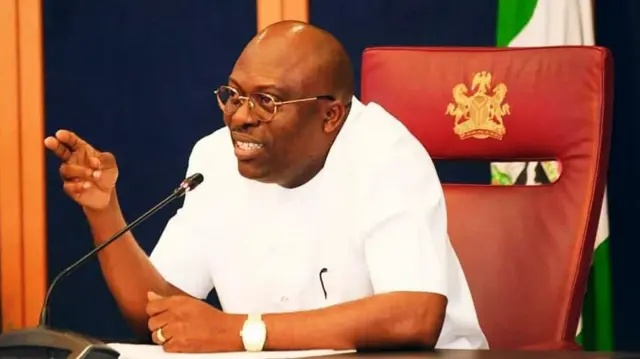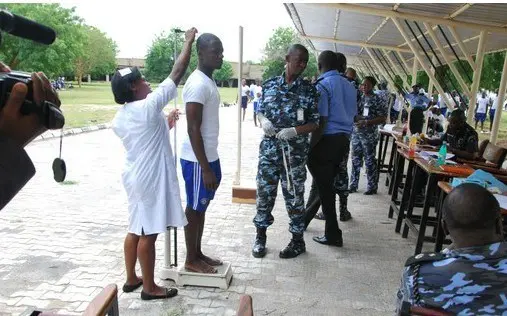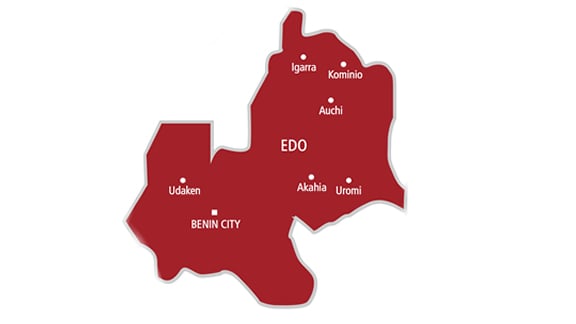
The Central Bank of Nigeria (CBN) says its ongoing reform measures are restoring stability to the economy, but stressed the need for deeper coordination between fiscal and monetary authorities to sustain the gains.
Speaking at the 2025 Seminar for Finance Correspondents and Business Editors in Abuja, CBN Deputy Governor (Corporate Services), Ms. Emem Usoro, said coordinated policy actions over the past two years have begun yielding tangible improvements across key economic indicators.
She recalled that when the Olayemi Cardoso-led management assumed office, Nigeria’s economy was under severe strain, grappling with soaring inflation, a volatile naira, depleted external reserves, and a backlog of foreign exchange obligations—conditions that threatened financial system stability.
Usoro said the CBN responded with “well-sequenced, compliance-driven measures,” including orthodox monetary tightening, stronger corporate governance, and the ongoing bank recapitalisation exercise. These steps, she noted, align with the Federal Government’s broader reform agenda.
According to her, the results are becoming evident: inflation has eased to 16.05%, the exchange rate has stabilised below ¦ 1,500/$ with minimal volatility, and external reserves have risen above $46 billion, providing more than 10 months of import cover.
She added that moderating inflation is supporting a gradual reduction in lending rates, while improved discipline in the foreign exchange market has boosted investor confidence.
Despite the progress, Usoro emphasised that more work is needed to reinforce macroeconomic stability and improve living conditions. She said stronger collaboration between fiscal and monetary authorities will be critical, especially as digital finance and technology reshape the financial system.
Usoro also underscored the media’s role in shaping public understanding of reforms, saying effective communication strengthens policy credibility and outcomes. She commended the CBN’s Corporate Communications Department for organising the seminar and urged participants to generate practical recommendations to enhance policy alignment.
VANGUARD.




